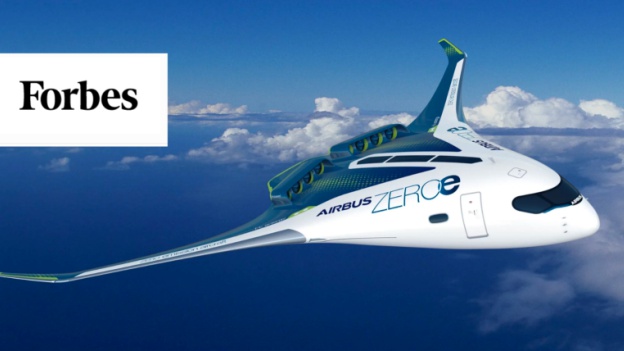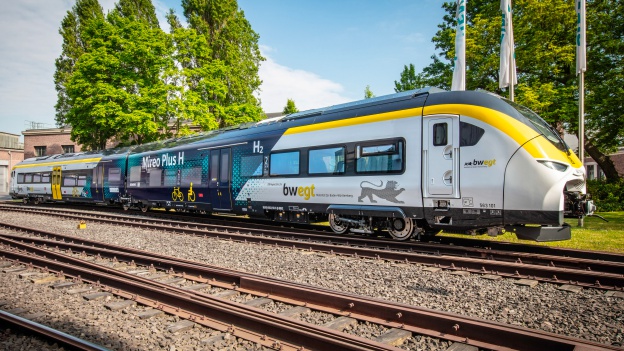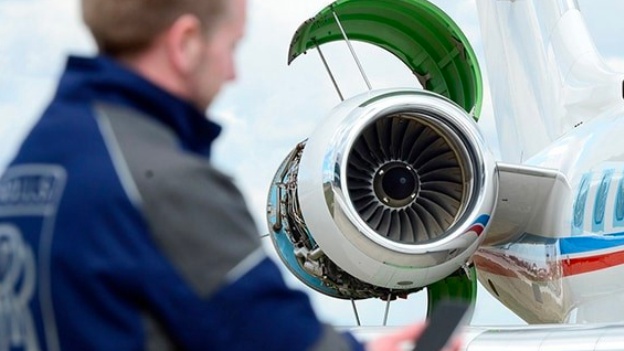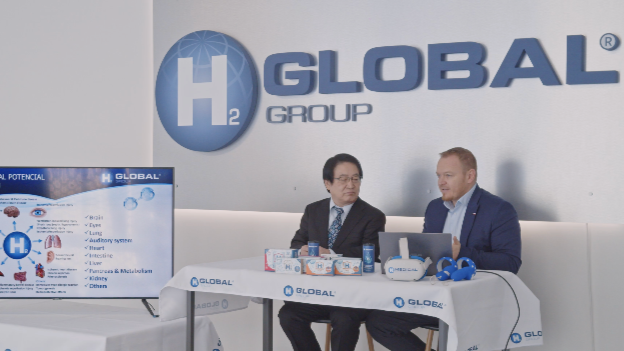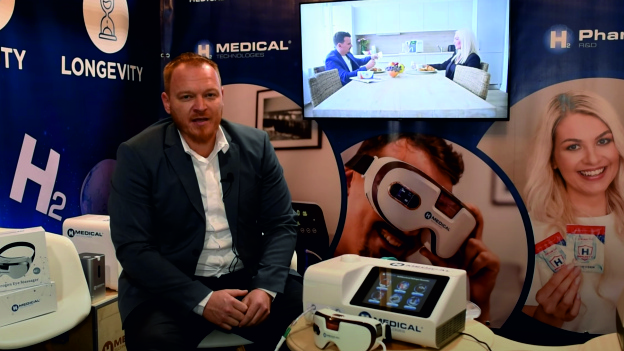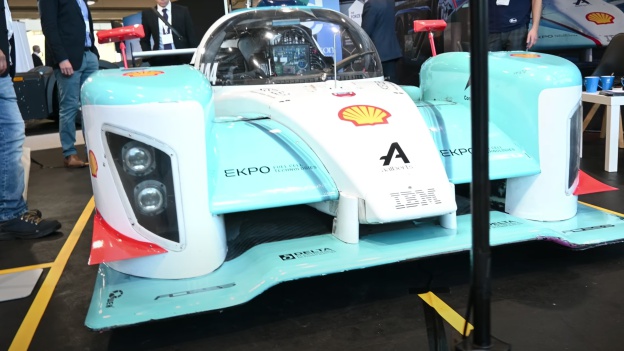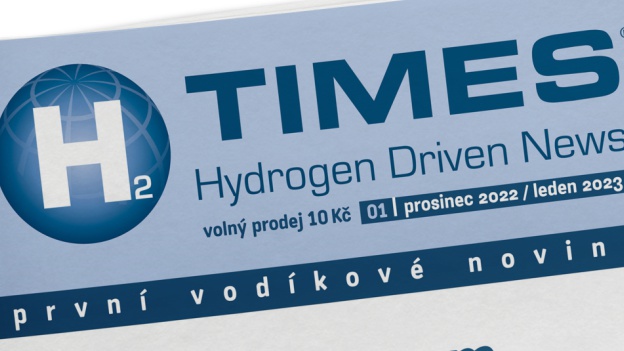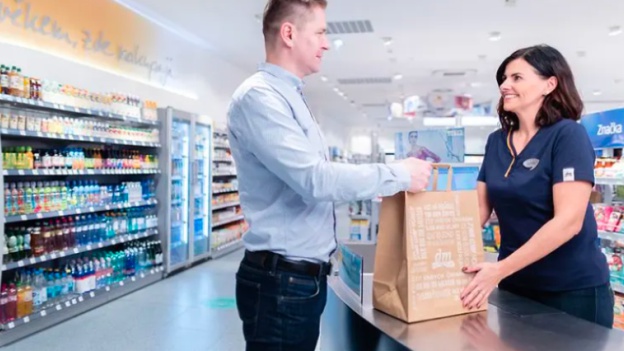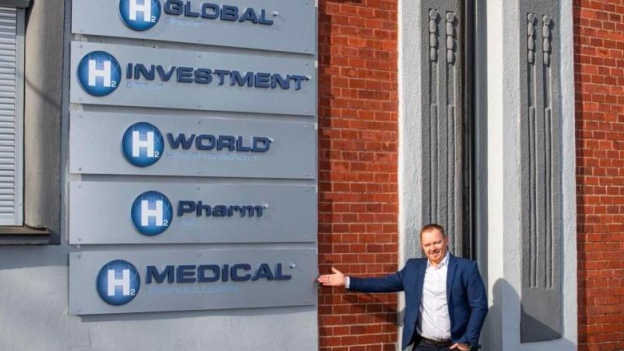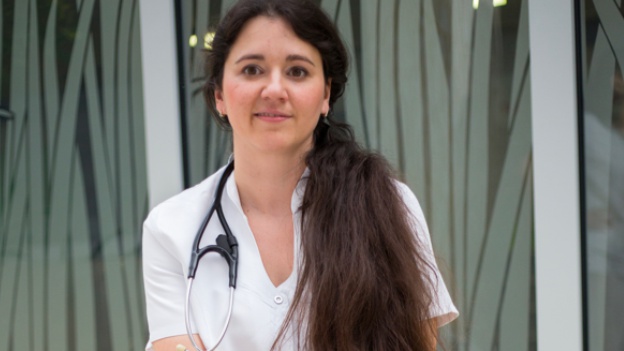The first fuel cell systems produced in Hamburg are rolling off the production line today. In a festive ceremony, intralogistics expert STILL officially opened Hamburg's first production line for 24-volt fuel cell systems. This makes STILL the first original equipment manufacturer in Europe to offer its own fuel cell system - a pioneering step for the intralogistics industry and for Hamburg as a centre of innovation.
Together with the Senator for Economics and Innovation of the Free and Hanseatic City of Hamburg, Dr Melanie Leonhard, and Professor Dr Klaus Bonhoff, Head of Department for Policy Issues at the Federal Ministry for Digital and Transport Affairs (BMDV), Dr Florian Heydenreich, Executive Vice President Sales & Service STILL EMEA, pressed the start button at 12 noon and officially opened the production facility for 24-volt fuel cell systems at the STILL plant in Hamburg. High-performance fuel cell systems for warehouse trucks will be serially produced here in the future - from the manufacture of individual components in the mechatronics centre to the production of the fuel cell systems on the production line and the final quality check in a specially designed test bench. Particular attention is paid to the complex testing process to ensure that the system works properly, can withstand maximum pressure and that no gases can escape.
STILL has been involved in various projects and initiatives to develop hydrogen technology for many years and has gained extensive experience and expertise in the production and use of fuel cell systems. With the launch of its own production line, the company is now in a position to offer the first 24-volt warehouse trucks as fuel cell versions ex works.
STILL is currently the only manufacturer in the intralogistics industry to produce its own fuel cell systems and integrate them into its trucks as an option. "As a pioneer in the intralogistics industry, we see it as our responsibility to boldly and consistently drive forward the energy transition. The expansion of green hydrogen technology as an emission-free and resource-saving drive system plays a decisive role in this," explains Dr Florian Heydenreich, Executive Vice President Sales & Service STILL EMEA. "Today we are taking a big step forward on this important path and making the use of fuel cell systems possible and feasible for our customers". The fuel cell system was developed within the Group and funded with a total of 1,914,687 euros as part of the National Innovation Programme for Hydrogen and Fuel Cell Technology. The funding guideline is coordinated by NOW GmbH and implemented by Project Management Jülich (PtJ).
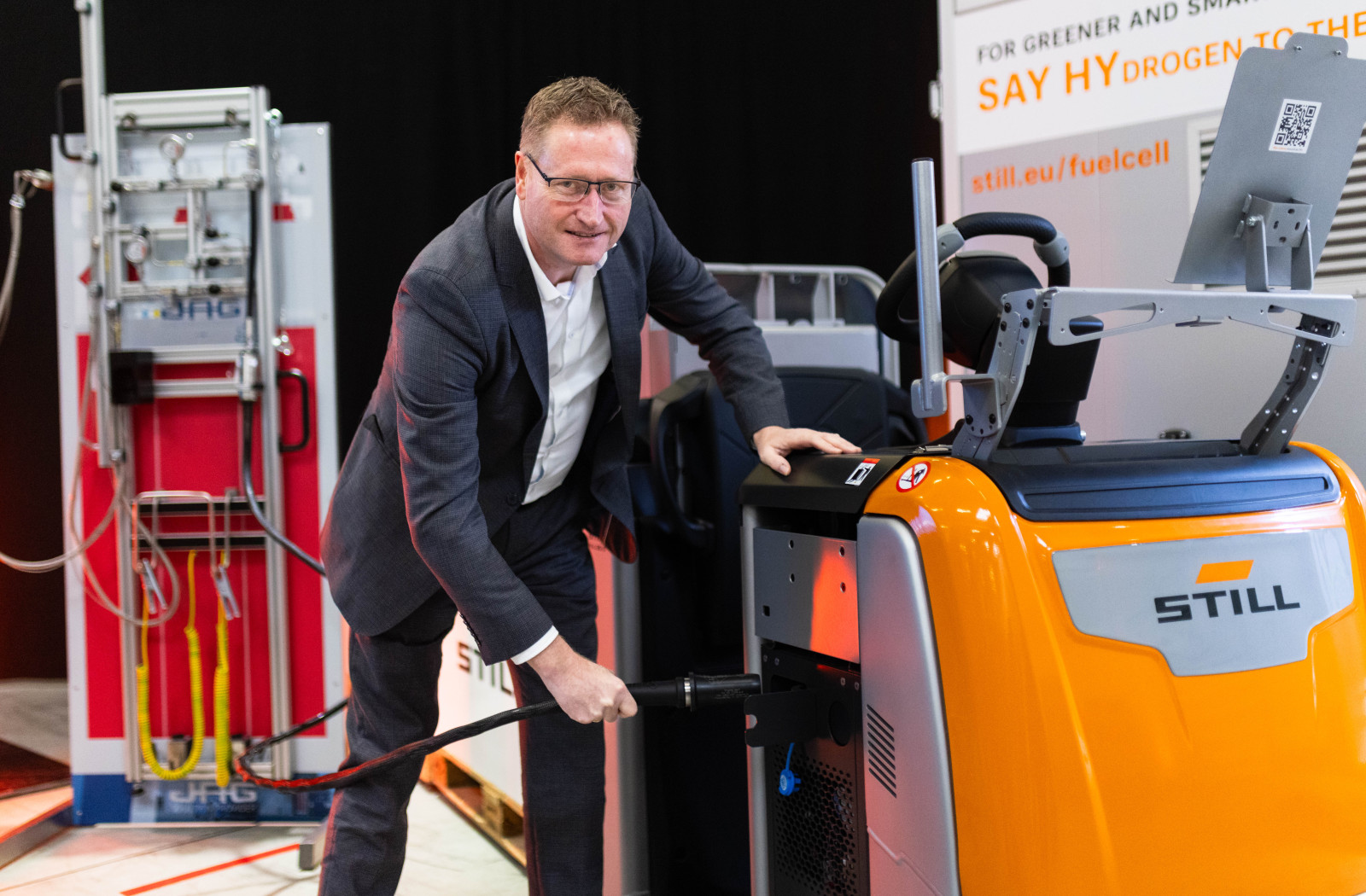
In order to make the use of hydrogen-powered industrial trucks a reality for customers and to provide them with comprehensive advice on fuel cell technology, STILL is working with various experts on hydrogen projects, including Hydrogentle. The Hamburg-based engineering company specialises in the planning, design and implementation of green hydrogen projects. STILL customers therefore receive everything from a single source - from high-quality industrial trucks including fuel cell systems to consulting, planning, service and the entire hydrogen infrastructure.
To give customers with small fleets access to fuel cell technology, STILL will also offer a mobile hydrogen filling station for refuelling hydrogen and fuel cell powered vehicles as a rental solution from the first quarter of 2024. This will give customers the opportunity to test fuel cell technology for around four weeks without any restrictions and in real-life operating scenarios. They will even benefit from a complete solution: fuel cell vehicles with a corresponding refuelling system, including approval and installation.
STILL is also continuing to invest in the expansion of hydrogen technology in intralogistics. On the one hand, the group is already working on the development of a 48-volt fuel cell system, which will also be produced at the Hamburg plant in the future. On the other hand, STILL is planning to expand its production capacities over the next few years. The existing production line is already designed for this.












